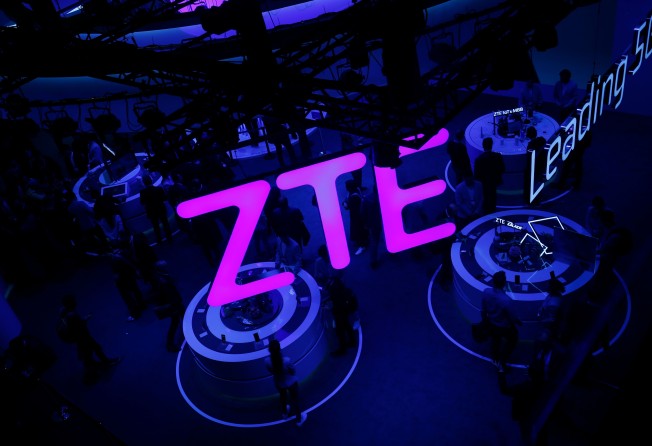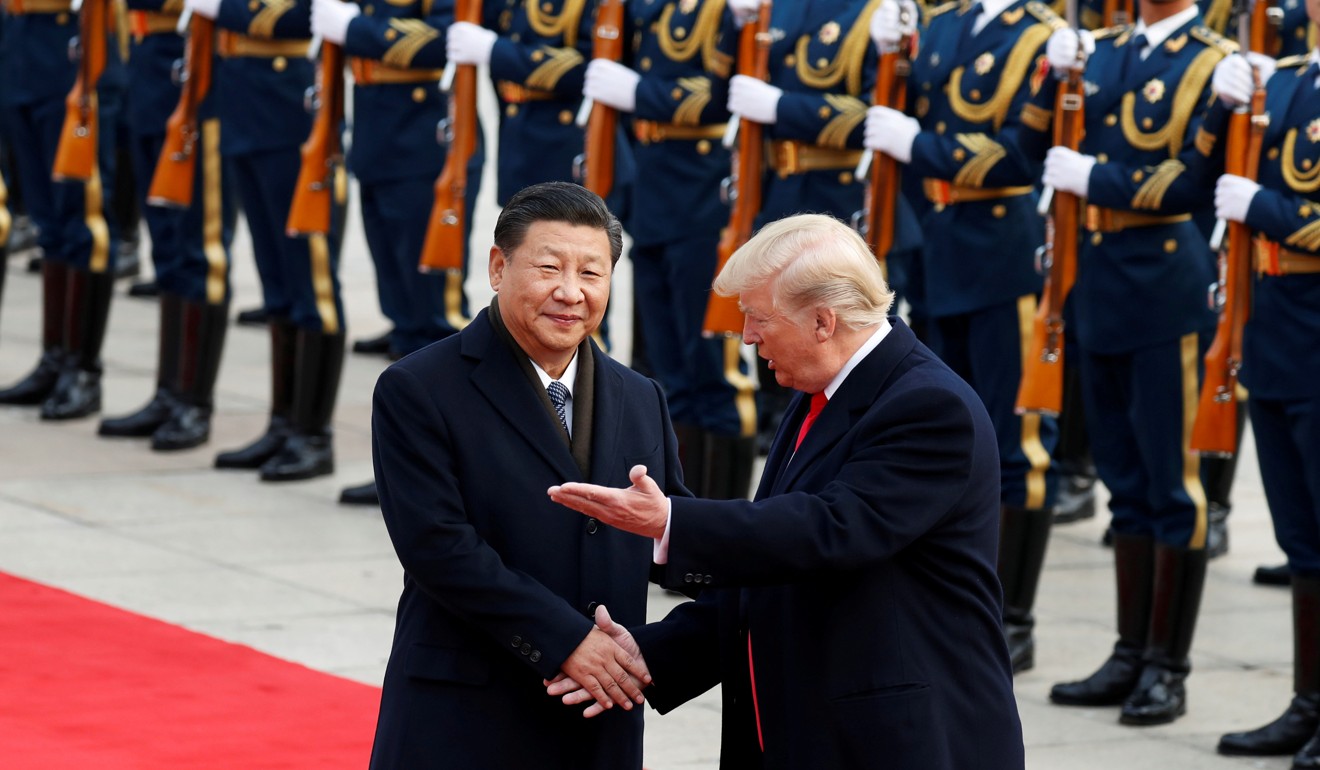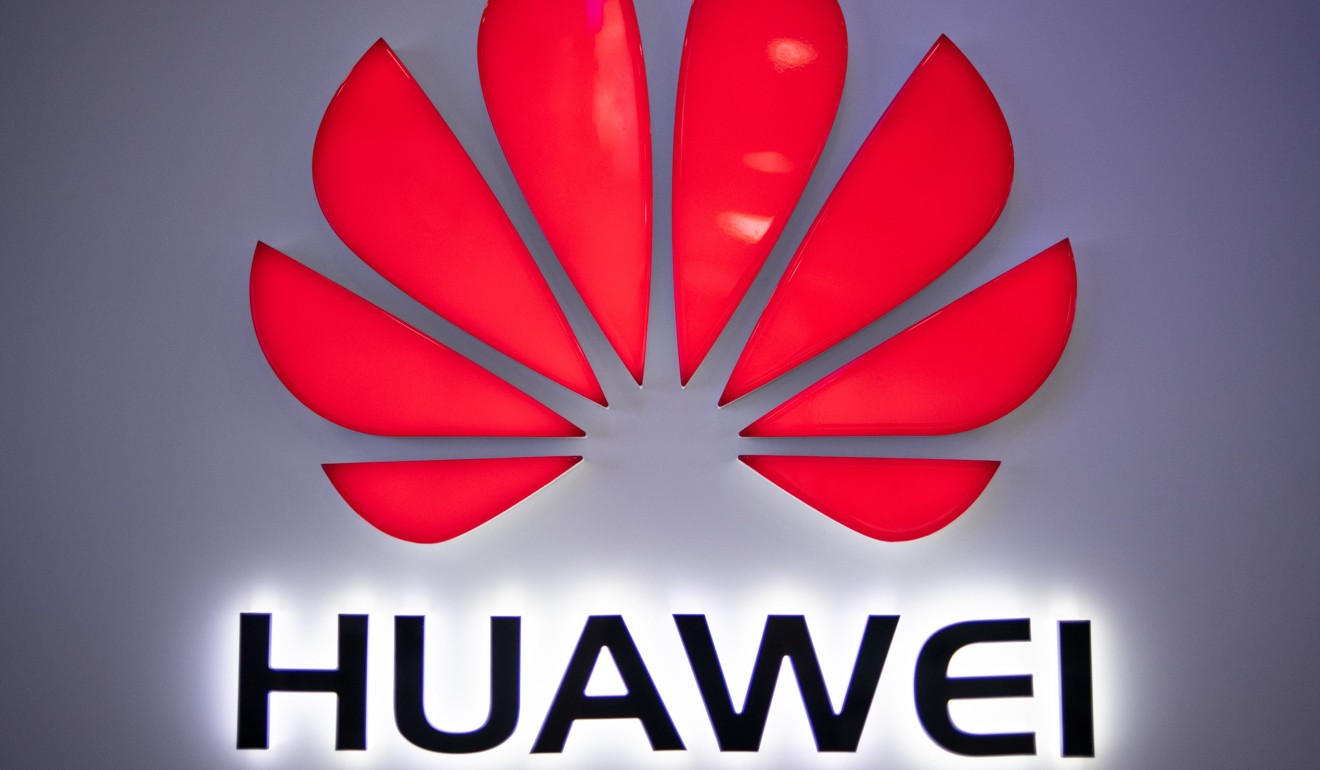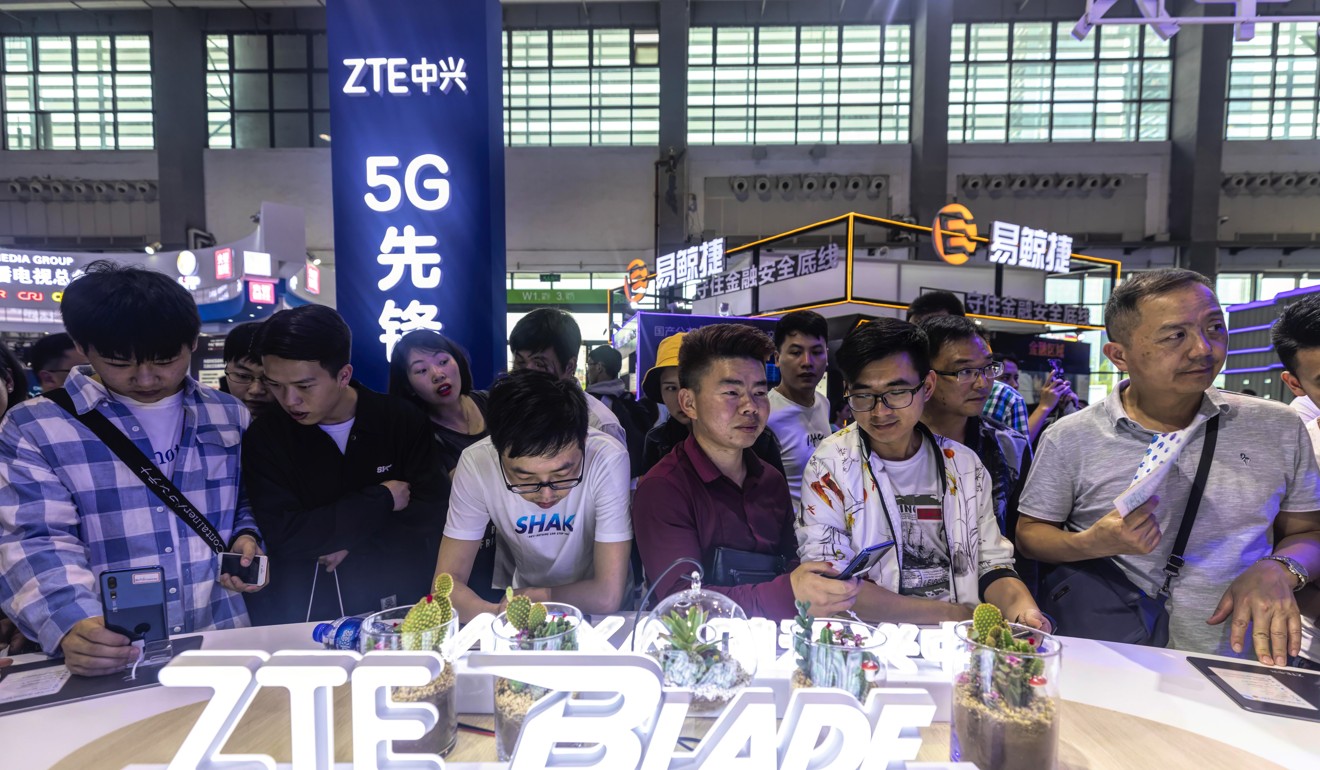Chinese companies are spending millions on lobbyists to fend off threats from Donald Trump and shield themselves from effects of trade war
- Chinese companies’ decisions to hire lobbyists have been driven in part by looking at what has happened to Huawei and ZTE over the last year

This story is published in a content partnership with POLITICO. It was originally reported by Theodoric Meyer on politico.com on June 20, 2019.
US President Donald Trump has done everything he can to squeeze Huawei over the past year, bringing criminal charges against the Chinese telecommunications company, moving to block it from buying American technology and trying to convince foreign governments to crack down on the company. Now other Chinese companies are turning to Washington lobbying and public relations firms to keep the same thing from happening to them.
Eight other Chinese companies have spent at least US$7.9 million hiring such firms since last spring, right before Trump cracked down on a different Chinese telecoms company, ZTE, according to a POLITICO analysis of disclosure filings. That is nearly eight times what the same companies spent in the same period a year earlier.
The companies – including a Chinese radio business, a state-owned railcar manufacturer and a maker of surveillance cameras – have hired more than two dozen additional lobbyists over the past year, including former lawmakers and Trump campaign veterans.
The ramp-up shows how Chinese companies, which in the past have been hesitant to play the Washington influence game, are increasingly worried about threats from the Trump administration, as well as Democrats and Republicans in Congress eager to crack down on China. And it is another sign that Trump’s trade war with China is driving business on K Street, home to many Washington lobbying firms.
“It’s sent shock waves,” Amiad Kushner, a New York lawyer who represents Chinese companies in the US, said of the administration’s crackdown on Huawei and ZTE.
The willingness of Chinese companies to hire lobbyists has been driven in part by looking at what’s happened since Trump decided to home in on Huawei and ZTE last year.
The Trump administration banned ZTE from doing business with American companies after it was found to have sold equipment to Iran and North Korea in violation of US sanctions. ZTE has responded by spending millions of dollars on lobbying, including hiring former senators Joe Lieberman and Norm Coleman and two lobbyists who worked on Trump’s 2016 campaign, David Urban and Bryan Lanza, according to disclosure filings.
The lobbying, along with direct appeals from Chinese President Xi Jinping, appears to have worked. Trump agreed to lift the ban – which would have been a potentially fatal blow to ZTE – if the company paid a US$1 billion fine and made other concessions.
Huawei’s approach to its own battle with Trump so far has been the opposite – and the company has little to show for it.
Huawei decided more than a year ago that it would not be worthwhile to lobby Congress or the Trump administration after it was accused of helping the Chinese government spy on users of its equipment, according to a person familiar with the company’s strategy. While Huawei retains a few lobbyists, the company decided to wage the bulk of its fight in the courts and in the press, the person said.
Huawei sued the federal government in March, arguing that a law passed last year singling out Huawei and four other Chinese companies is unconstitutional.
“This sets a dangerous precedent,” Song Liuping, Huawei’s chief legal officer, said at news conference last month. “Today it's telecoms and Huawei. Tomorrow it could be your industry, your company, your consumers.”
The company also hired Racepoint Global, a Boston public relations firm, in March to help craft its tweets and promote its message, Larry Weber, the firm’s chairman, said in an interview.
It has not made much difference. The US Commerce Department last month put Huawei on a trade blacklist, prompting small wireless providers to complain it could cost them hundreds of millions of dollars to replace Huawei equipment on their networks.

While Trump has described the agreement his administration reached with ZTE as “a good deal,” he told reporters last month that Huawei remained “very dangerous”.
William Plummer, a former Huawei lobbyist in Washington who was laid off last year, wrote in a self-published e-book that the company repeatedly ignored its lobbyists’ suggestions to take “a stronger and more timely approach to protecting and projecting Huawei’s brand”.
“Huawei HQ simply did not get it,” he wrote.
Huawei and ZTE did not respond to requests for comment.
Other Chinese companies facing potential threats from Congress and the administration have followed ZTE’s lead and ramped up their spending in Washington.
Hikvision, a Chinese surveillance camera manufacturer that is partially state-owned, has shelled out nearly US$1.8 million to hire Washington lobbyists and public relations hands over the past year, including former US representative Rick Boucher, a Democrat from Virginia, and Lanza, the former Trump campaign aide. The administration is considering blacklisting Hikvision and another Chinese company, Dahua Technology, but has not done so yet.
Fujian Jinhua Integrated Circuit, a Chinese semiconductor manufacturer, has hired lobbying and law firms since the Trump administration blacklisted it last year. The prominent Republican lobbyist Marc Lampkin is among those advocating for the company. Hikvision and Brownstein Hyatt Farber Schreck, a law and lobbying firm that represents Fujian Jinhua, did not respond to requests for comment.

DJI, a Chinese drone company, hired the lobbying firm BGR Group in April to offer “strategic guidance and counsel on legislation or regulations that could impact” the company, according to a disclosure filing.
Two security researchers told senators they were wary of DJI’s drones during a Senate Commerce Committee hearing Tuesday. Senator Rick Scott, a Republican from Florida, suggested a potential ban on Chinese-made drones.
“I think we’re crazy to do business with the Chinese,” Scott said during the hearing. “We ought to be buying American products in every way we can.”
DJI called those concerns baseless in a statement to POLITICO, saying it “gives customers full and complete control over how their data is collected, stored and transmitted”.
Some Chinese companies are still looking for help, according to four people at Washington lobbying and public relations firms that have fielded inquiries from Chinese companies in recent months.
Trump’s crackdown on Huawei has “spooked Chinese companies”, one of these people wrote in an email to POLITICO. They believe “ZTE was able to buy/lobby their way out of trouble and want to be prepared.”

Chinese companies have few allies in Washington at the moment, as Democrats and Republicans alike have expressed eagerness to crack down. Lawmakers slipped a provision into a defence spending bill last year prohibiting government agencies from buying some telecommunications equipment from Huawei, ZTE and three other Chinese companies or contracting with firms that use such equipment.
“It was a complete surprise to us,” said Steve Cragg, a vice-president at Hytera, a Chinese radio manufacturer that was named in the bill.
Hytera hired a lobbying firm, Duane Morris Government Strategies, to discover why the company had been singled out. It still does not have any answers, Cragg said.
ByteDance, the Chinese company behind the popular app TikTok, registered its first Washington lobbyist earlier this month. The company declined to comment on why it sought representation in Washington.
BYD Motors, a Chinese electric bus company, and CRRC, a state-owned rail-car manufacturer, have added lobbyists in recent months to try to keep Congress from passing bills that would make it harder for American transit systems to buy trains and buses from the companies, disclosure filings show.
(Representative Kevin McCarthy, a California Republican whose district includes a BYD plant, helped scrap a similar measure last year while serving as House majority leader.)
Lawmakers grilled a BYD official at a House Transportation and Infrastructure Committee hearing last month, during which Representative Peter DeFazio, an Oregon Democrat and the committee’s chairman, described BYD as “a company that is very heavily subsidised by the government of communist China.”
Representative Harley Rouda, a California Democrat who sponsored the House version of the transit bill, said in an interview that he expected its provisions to be included in this year’s defence spending bill, which is currently making its way through Congress. The bill is necessary to protect domestic manufacturers and address cybersecurity fears, he said.
While CRRC and BYD have lobbied against the legislation, “my sense is they have not had a lot of success,” Rouda said. Neither company responded to requests for comment.
CRRC will try to get the measure stripped out of the defence spending bill when lawmakers reconcile the House and Senate versions, a person familiar with the company’s strategy said, though it will not be easy.
“A lot of members of Congress have made their minds up about China and all things Chinese,” the person said.
David Beavers contributed to this report.